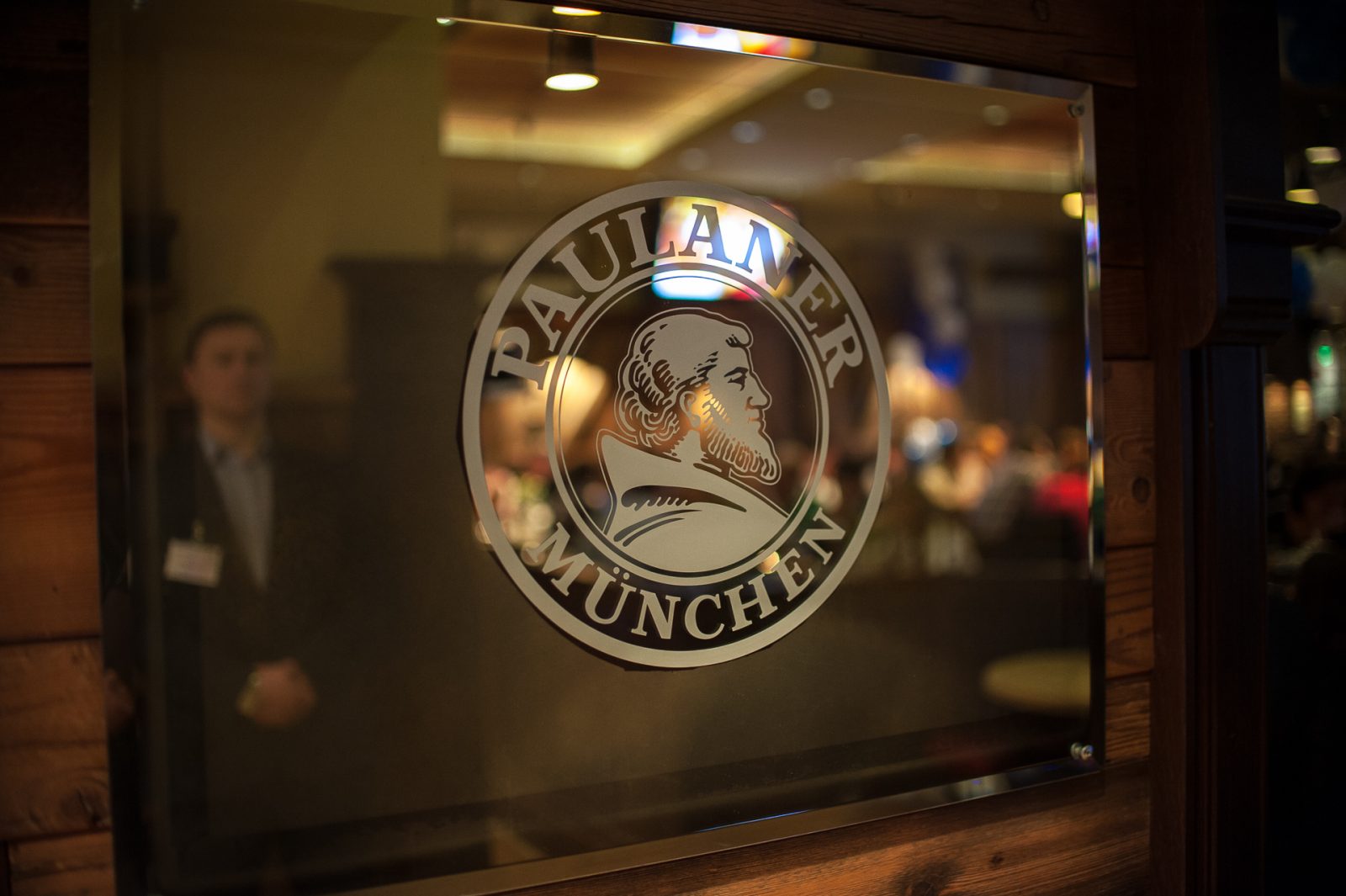
Brewery
- 1516
REINHEITSGEBOT
Duke Wilhelm IV issues the Bavarian Purity Law. It states that only barley or barley malt, hops and pure water may be used for the production of beer. German brewers voluntarily observe this law to this day. - 1634
PAULANER BREWERY
The oldest document from the Paulaner Brewery Munich dates back to 1634. Life is hard for our monks in the Munich monastery Neudeck ob der Au; they are extremely poor and have to work very hard. However, they also brew a strong beer to help them through the difficulty of Lent. The result: Salvator. Any beer that they do not need for themselves is passed on to the poor or sold in the monastery taverns. As more and more of Munich’s inhabitants start to appreciate the benefits of the monks’ beer, Munich’s private breweries officially complain to the town council about the competition from the monastery. This letter is regarded as Paulaner Brewery's first official document.
Samuel Heine
At the brewery, he is the most important person who has dedicated his beloved business for over 15 years. The master brewer guarantees the highest quality and authenticity of the original taste of this drink. He is not only responsible for the quality and freshness of the beer he personally brewed, but he is always ready to answer the questions of his guests. His Team and him always try to produce a good beer. You are welcome to ask questions.
Beer Paulaner
All Paulaner beers offered at the restaurant are produced on site without any changes or additives in accordance with the German Beer Cleanliness Act 1516. It doesn’t matter if the beer is light or dark - all Paulaner beers are always bottled fresh and with a real froth. . Special seasonal beers are offered five to six times a year and are also brewed in our brewery.
INGREDIENTS
Paulaner beer is made from only four ingredients: water, malt, hops and yeast.

